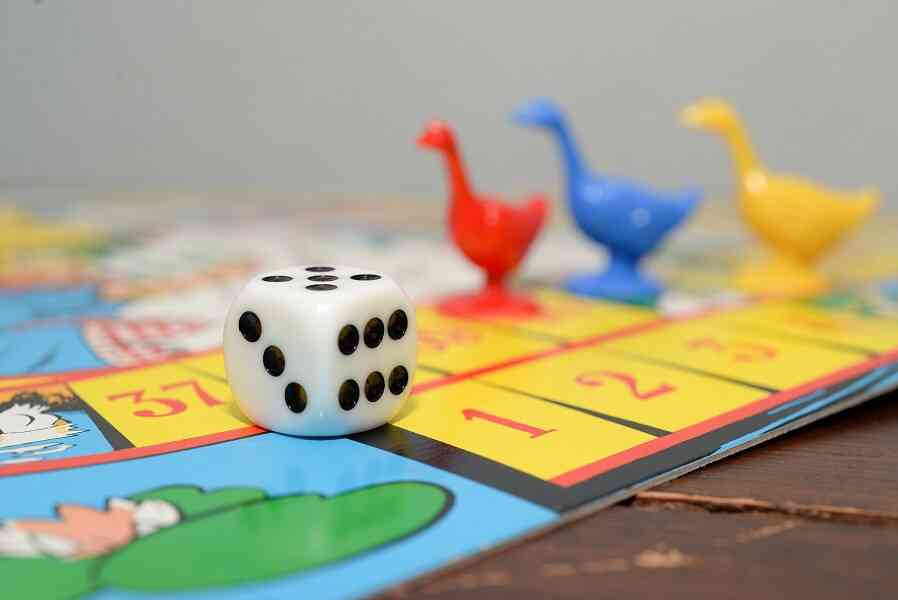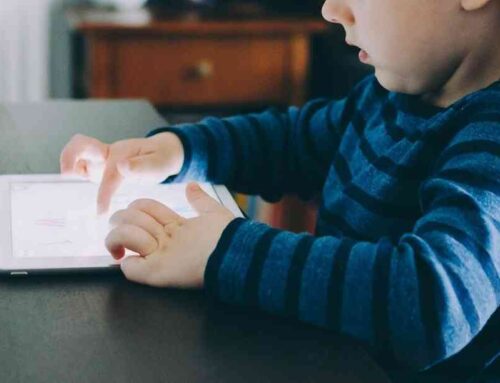We highly recommend this article published by TEDEd. It reminds me of when our kids were in daycare. The teachers often chanted “You get what you get and you don’t get upset!” Every time I heard that, it made me cringe. I never understood the benefit of telling young children not to get upset. It’s an impossible ask and the kids are left alone with their feelings without any support or compassion. Rather than tell our children to dismiss their feelings, I reminded them that it’s okay to be upset because it gives us an opportunity to figure out how to deal with it.
Allow Children to Embrace Their Emotions
Kids react when something goes wrong in their day. And rightly so. While their reactions may appear over dramatic and unnecessary, let’s remember that those feelings of frustration, anger and helplessness are new to young children. Adults often try to solve the issue quickly because it’s so unpleasant to hear kids scream, pout, or cry. But rather than ignore the emotions and try for a quick fix to rebuild a fallen Lego set, or separate quarreling siblings, parents ought to ask how the child feels, listen, and offer patience, compassion, and comfort.
Three Ways Kids Learn to Deal with Emotions
- Repression. Children may be taught that it’s not right to express their feelings. The effect is that feelings remain within the child. They grow up unable to deal with many of life’s challenges.
- Aggression. Home environments that don’t allow children to have a voice and share how they feel also force children to bottle up their emotions. When they become older teens and adults, they are more likely to be self-critical or bully others.
- Expression. Kids who are encouraged to recognize and accept their feelings are more apt to learn how to manage their emotions. They engage in activities and develop tactics, such as seeking help from friends, practicing yoga, or meditating, to stay calm and recover from tough experiences.
Additional Learning
The original article was written by Lael Stone, an author, speaker and consultant. She publishes The Aware Parenting Podcast.
Workbooks to Help Kids Understand and Develop Social Skills
I Am Stronger Than Anxiety
Children’s Book About Overcoming Worries, Stress and Fear
- A story line presented in rhythmic prose with colorful illustrations
- Includes tips and techniques to help children recognize and manage their anxiety
- Teaches children to recognize their feelings and understand there are ways to manage how they react
- Appropriate for preschoolers and young elementary age students
Social Skills
Activities for Kids
50 Fun Exercises for Making Friends, Talking and Listening, and Understanding Social Rules
- Help kids learn how to handle common real-life situations and gain self-confidence
- Interactive games, fill-in-the-blank exercises, and other activities
- Kids develop an understanding of what they’re feeling and tactics to manage their emotions
Anger Management Workbook for Kids
50 Fun Activities to Help Children Stay Calm and Make Better Choices When They Feel Mad
- A health and wellness workbook
- Kids learn about anger and how to recognize when they feel mad
- Activities include doodling, meditation, and crafts
- Various activities to develop good habits and techniques to manage feelings of anger
ADDITIONAL INFORMATION
These quick summaries of hand picked articles help parents stay informed and find the right information to raise happy, successful kids.
Steps to Help Children Control Emotional Behavior
All Emotions Are Acceptable. Not All Behaviors Are.
It’s important to distinguish between an emotion and a behavior. Getting upset is a natural reaction to certain situations. Parents can’t actually prevent their children from getting upset. Saying no will not change their emotions. Sending a child to his room won’t help him from getting upset. Instead, at that point, he’s just alone.
Parents can, however, help children learn to anticipate a situation and recognize their feelings. We can help kids control their reactions and behavior during an emotional time.
Be a Role Model and Show Empathy and Understanding
Be a role model who shows self-regulation and manages the volume. Parents can take a time out to reset and find a calm voice. Children learn from their parents and when parents speak in a polite, respectful manner, their kids will do the same.
Show empathy and acknowledge how a child is feeling. Kids will eventually understand that the emotion doesn’t feel good and they will learn to accept and process those feelings. Having someone who understands makes that process easier.
A Healthy Positive Environment Fosters Controlled Emotional Behavior
Avoid punishing a child for any misbehavior caused by an emotional reaction. Positive guidance helps kids develop emotional intelligence to manage and regulate their behavior. Whereas punishment increases negative emotions and self-doubt while eliminating the opportunity to learn how to deal with the original feeling.
Positive, nurturing parenting fosters a supportive environment where kids can learn to recognize and manage their emotions. In turn, they self-regulate controlled behavior.
Psychology Today











Leave A Comment